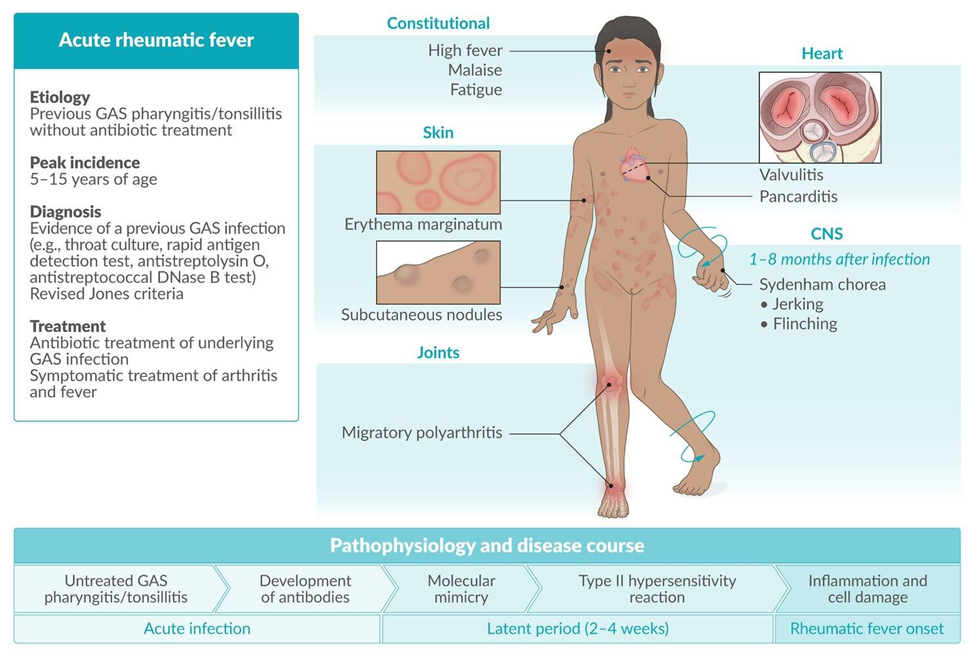The nurse provides home care instructions to the parents of a child with celiac disease. The nurse would teach the parents to include which food item in the child's diet?
Rye toast
Rice
wheat bread
Oatmeal
The Correct Answer is B
A. Rye toast
Explanation: Rye contains gluten, so it is not appropriate for individuals with celiac disease. Rye, like wheat and barley, should be avoided.
B. Rice
Explanation:
Celiac disease is a condition characterized by an immune reaction to gluten, a protein found in wheat, barley, and rye. Therefore, individuals with celiac disease need to avoid gluten-containing foods. Rice is naturally gluten-free, making it a suitable and safe option for individuals with celiac disease.
C. Wheat bread
Explanation: Wheat contains gluten, and products made from wheat, including wheat bread, should be strictly avoided by individuals with celiac disease.
D. Oatmeal
Explanation: Oats themselves are gluten-free, but they are often contaminated with gluten during processing. Some individuals with celiac disease can tolerate pure, uncontaminated oats, while others may need to avoid oats altogether. It is important to choose certified gluten-free oats if including them in the diet.
Nursing Test Bank
Naxlex Comprehensive Predictor Exams
Related Questions
Correct Answer is C
Explanation
A. Meningococcal polysaccharide vaccine
Explanation: Meningococcal vaccine is recommended for adolescents, particularly before starting college, as it helps protect against meningococcal disease. The conjugate form of the vaccine is usually preferred over the polysaccharide form.
B. Pneumococcal polysaccharide vaccine
Explanation: Pneumococcal vaccine is generally recommended for older adults and individuals with specific medical conditions, but it may not be part of routine immunizations for healthy adolescents.
C. Influenza vaccine
Explanation:
Influenza vaccine is recommended annually for adolescents as part of routine immunizations. It helps protect against the seasonal flu, which can cause significant illness and complications.
D. Bacille Calmette-Guerin (BCG) vaccine
Explanation: BCG vaccine is primarily used in some countries to prevent tuberculosis. It is not routinely administered in the United States as part of standard immunization schedules for adolescents.
Correct Answer is A
Explanation
A. "This test will confirm if your child had a recent streptococcal infection."
Explanation:
The anti-streptolysin O (ASO) titer is a blood test used to detect the presence of antibodies against streptolysin O, a toxin produced by group A Streptococcus bacteria. A rise in ASO titers indicates a recent streptococcal infection. It does not confirm rheumatic fever directly but helps in identifying a recent streptococcal infection, which is a predisposing factor for rheumatic fever.
B. "This test will indicate if your child has rheumatic fever."
Explanation: While a positive ASO titer may suggest a recent streptococcal infection, it does not directly indicate rheumatic fever. The diagnosis of rheumatic fever involves a combination of clinical criteria, including evidence of a recent streptococcal infection, along with specific signs and symptoms.
C. "This test will confirm if your child has immunity to streptococcal bacteria."
Explanation: The ASO titer does not measure immunity to streptococcal bacteria. It specifically detects antibodies produced in response to a recent streptococcal infection.
D. "This test will indicate if your child has a therapeutic blood level of an aminoglycoside."
Explanation: The ASO titer is not used to monitor therapeutic blood levels of aminoglycosides. It is specific to detecting antibodies related to streptococcal infections and is not related to aminoglycoside therapy.

Whether you are a student looking to ace your exams or a practicing nurse seeking to enhance your expertise , our nursing education contents will empower you with the confidence and competence to make a difference in the lives of patients and become a respected leader in the healthcare field.
Visit Naxlex, invest in your future and unlock endless possibilities with our unparalleled nursing education contents today
Report Wrong Answer on the Current Question
Do you disagree with the answer? If yes, what is your expected answer? Explain.
Kindly be descriptive with the issue you are facing.
